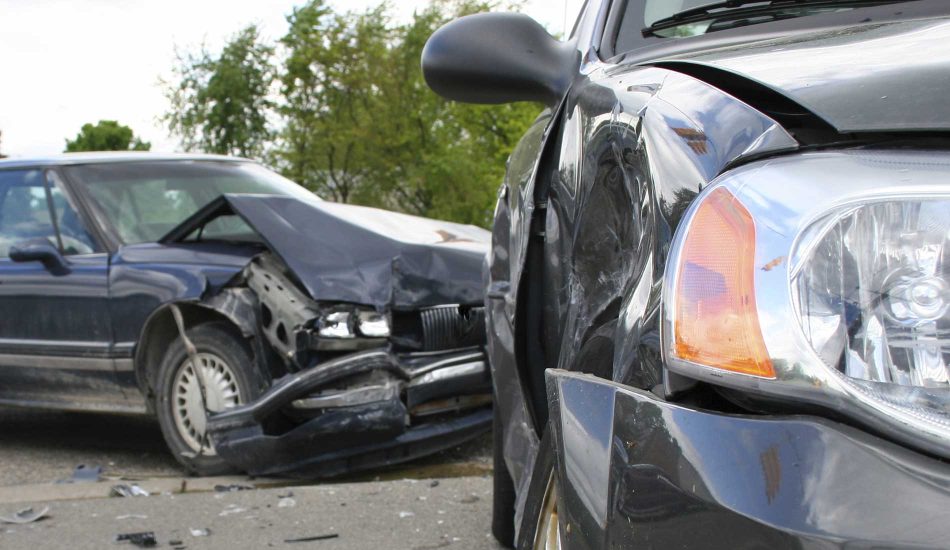The rules of the road are designed to ensure safety and smooth traffic flow. However, not all drivers adhere to these regulations, and one common violation is the failure to yield the right-of-way. This breach can lead to severe accidents, causing property damage, injury, or even loss of life.
If you are injured in such an accident caused by the mere negligence of a driver, a personal injury attorney from Delventhal Law Office will be able to help you protect your rights and get maximum compensation for the losses incurred.
In this blog post, we’ll explore what leads to failure to yield accidents.
- Ignorance of Traffic Laws
One of the main reasons for failure to yield accidents is ignorance or misunderstanding of traffic laws. Some drivers may not know when they are required to yield, such as at yield signs, at uncontrolled intersections, or when merging onto highways. This lack of knowledge can result in dangerous situations where drivers assume they have the right-of-way when they do not.
- Distraction
Distraction is another significant factor that contributes to failure to yield accidents. When a driver is preoccupied with something else, such as a cellphone conversation, eating, or adjusting the radio, they may fail to notice yield signs, other vehicles, pedestrians, or cyclists to whom they should yield.
- Impatience and Aggressive Driving
Impatient and aggressive drivers often disregard the rules of the road, including yield signs. They may be in a rush, frustrated with other drivers, or simply reckless. This attitude can lead to dangerous driving behaviors such as speeding, tailgating, and failing to yield the right-of-way.
- Poor Visibility
Sometimes, poor visibility due to weather conditions, obstructions, or inadequate lighting can lead to failure to yield accidents. In such cases, drivers may not see yield signs, other vehicles, or pedestrians in time to react appropriately.
- Impaired Driving
Driving under the influence of alcohol or drugs significantly impairs a driver’s ability to operate a vehicle safely. It affects their judgment, reaction time, and coordination, all of which can contribute to failure to yield accidents.
- Misjudgment of Other Vehicles’ Speed and Distance
Sometimes, a driver may fail to yield because they misjudge the speed or distance of an oncoming vehicle. They may believe they have enough time to cross an intersection or merge onto a highway, but if their assessment is incorrect, it can lead to a collision.





